Will a more feminine parliament advance the Swiss gender agenda?

Last year a record number of women were elected to parliament in Switzerland. Can their presence as MPs help bring more equality in other spheres?
“Some long-term members of parliament have been saying that they feel a new atmosphere in parliament,” new Liberal Green MP Corina Gredig told swissinfo.ch in a recent interview. “I hope that’s true, and that it will be possible to put forward proposals from young groups or women which cut across traditional party lines.”
Last October’s elections saw a significant rise in the number of women elected to parliament, many of them young and many of them Green, although the phenomenon was across almost all party lines. The proportion of female MPs in the House of Representatives rose from 32% to 42% (84 out of 200 seats). In the Senate, although still low, it also rose from 15% to 26% (12 out of 46 seats).
This development was most likely spurred by momentum from the historic women’s strike in June, when tens of thousands of women across Switzerland took to the streets demanding equal pay and equal conditions compared with their male counterparts. Like the so-called Green wave, pressure for change is coming from the grassroots, and often from the young.
Labour market inequality
Much still needs to be done, including on equal pay and career prospects for women. While many Swiss women are in the workforce, they often work only part-time, and face hurdles to climb the corporate ladder. The latest Gender Intelligence Report from the business association Advance and the University of St Gallen found that while women make up 42% of the total workforce in the 55 companies surveyed, only 18% of top managers are women and only 36% of promotions go to women.

More
Swiss workplace inequality, by the numbers
The International Labour Organization also ranked Switzerland near the bottom of the list when it comes to the gender wage gap in senior roles. Studies show that women in Switzerland earn about a fifth less than men for a full-time job.
Gudrun Sander, head of the Competence Center for Diversity & Inclusion at the University of St Gallen, told swissinfo.ch it is too early yet to see impact from the presence of more women in parliament, but “I assume there will be progress with this parliament, especially on equality topics such as childcare”. She thinks priorities should be adjusting the tax system and providing more, cheaper day care for children, so as to remove disincentives for women in Switzerland to work more.
And some cross-party alliances are already being built in parliament on these issues, she says. If the policies are changed it will be easier for companies to reduce the big gap between men and women in terms of hours worked, and if more women work 80% or full-time, their career prospects will improve, she told swissinfo.ch.
Parliamentary push
As a result of a move by the previous parliament, companies are already under more pressure to look at equal pay and prospects for women. Starting this July, firms with over 100 employees will be required to publish a gender gap analysis report, as a result of the equal pay revision to the Gender Equality Act, passed by parliament in December 2018. This was approved by the government last August, just after the women’s strike, which Sander thinks is not a coincidence. “The women were on the streets and that had an influence.”
Also shortly after the nationwide women’s strike, parliament approved a government proposal for a mandatory female quota of 30% on supervisory boards and 20% on executive boards.
How far parliament is willing and able to go beyond this remains an open question. The decision on quotas stopped short of penalising or sanctioning companies if they fail to achieve 30%.
Parliament also has its limits in the Swiss direct democratic system. After both chambers voted in favor of a two-week paternity leave, it faced resistance from conservative party members who launched a people’s initiative challenging parliament’s decision. This will go to a nationwide vote this fall.
But Sander is optimistic. “We have a window of opportunity now with the male baby-boomer managers being retired within the next ten years and a situation on the labour market where we have never had so many qualified young women. So if we can manage now to fill up the talent pipelines in the companies, we will definitely see different numbers and better numbers in ten years.”
What do you think about gender equality?
A surveyExternal link commissioned by Plan International Switzerland of male and female youth attitudes towards gender equality found that three-quarters of survey respondents are optimistic about the progress of gender equality in Switzerland. However, this optimism plummets as young women enter the workplace and try to build a career.
Some six out of 10 women between 14 and 24 years of age have experienced gender discrimination and the situation is worse in the 24- to 40-year-old age group. Whatever their age or gender, survey respondents feel that the best way to improve gender equality in Switzerland is with equal wages and equal job opportunities.
Suba Umathevan, CEO of Plan International, explains that “somewhere along the line girls lose a sense of self-confidence.” She adds that the research findings point to “an institutional and structural problem, embedded in social and cultural expectations rather than in individual talents and choices.”

In compliance with the JTI standards
More: SWI swissinfo.ch certified by the Journalism Trust Initiative
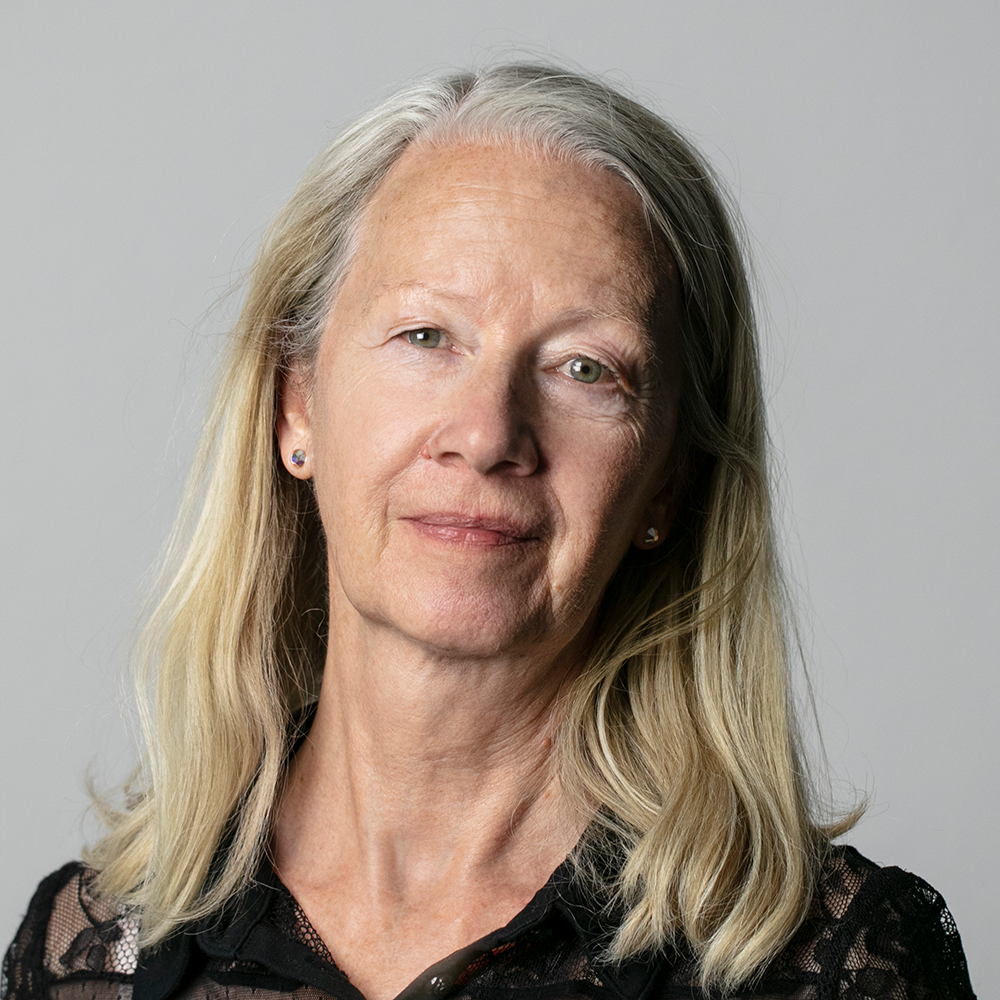



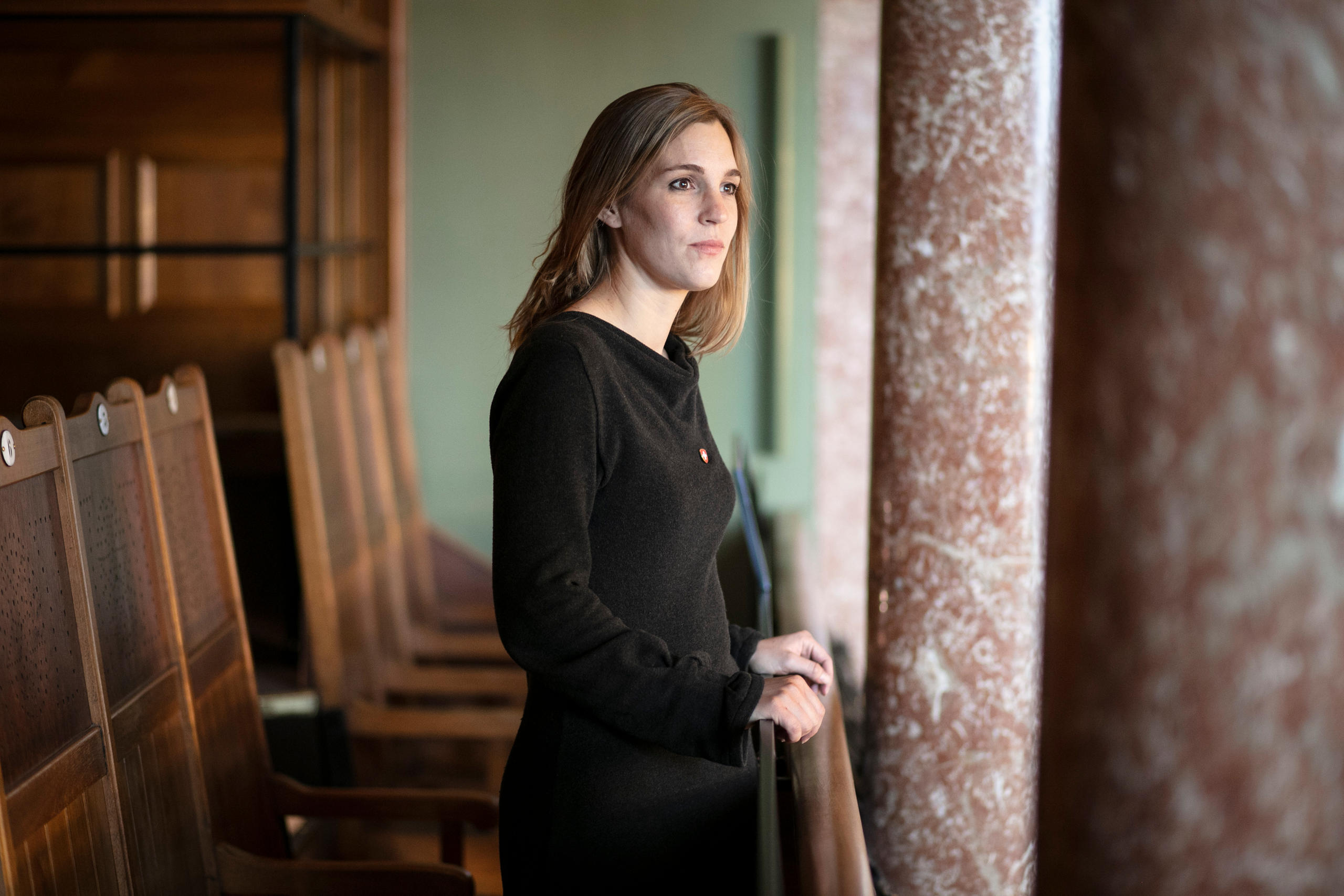

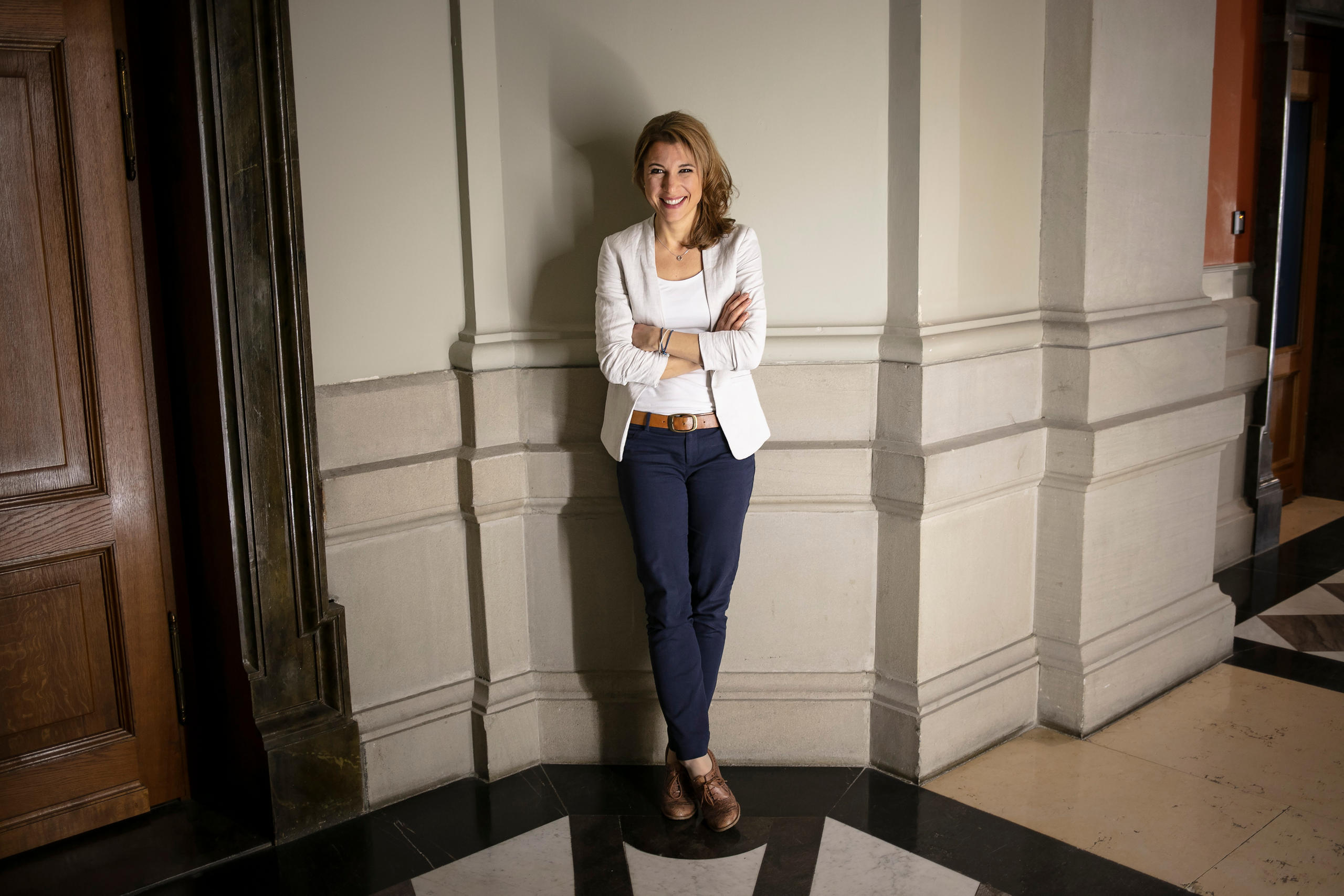

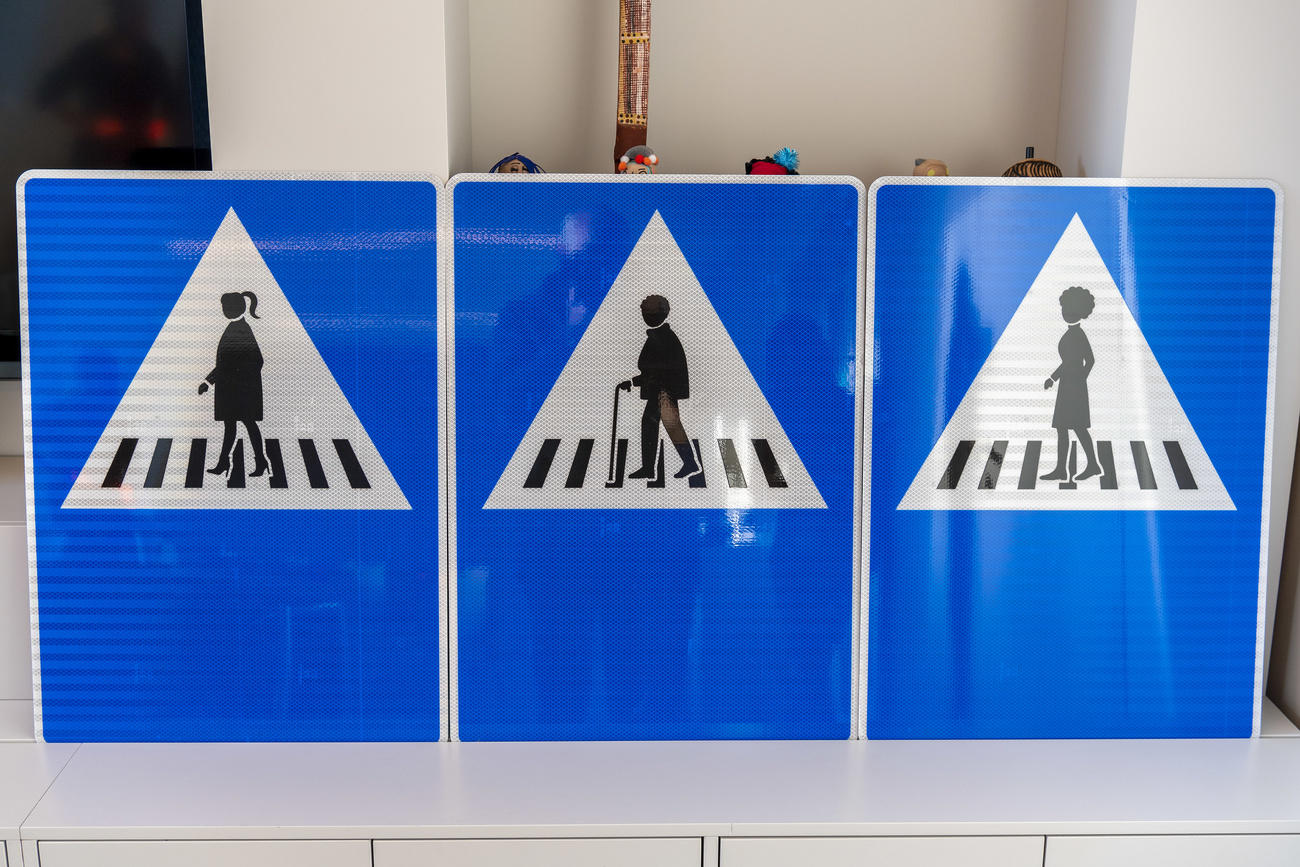
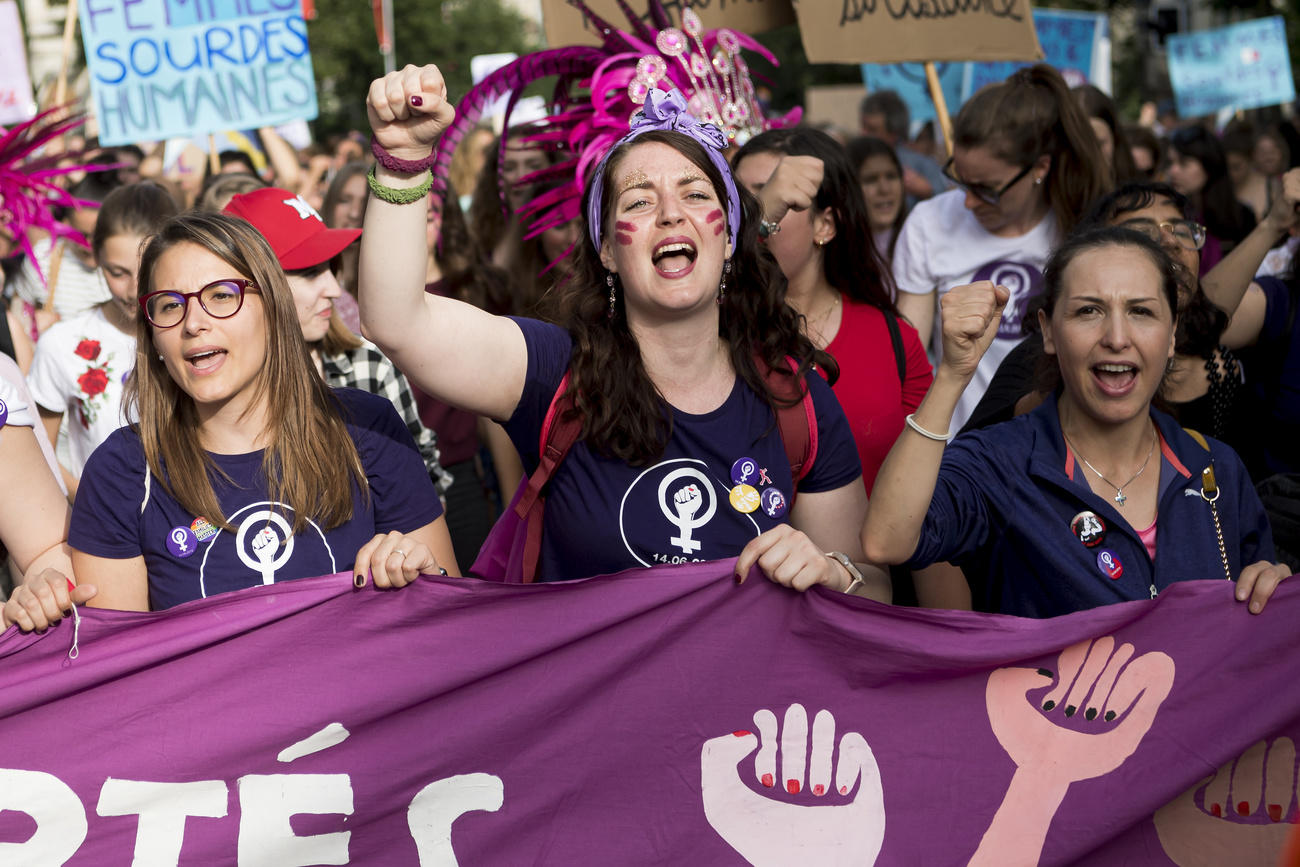
You can find an overview of ongoing debates with our journalists here. Please join us!
If you want to start a conversation about a topic raised in this article or want to report factual errors, email us at english@swissinfo.ch.